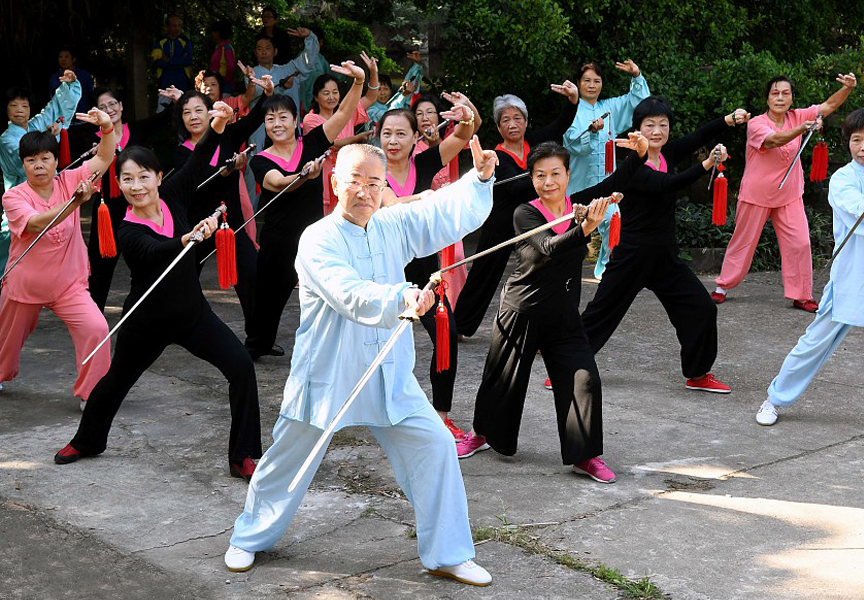Random Free Articles
- Progress Rooted in Tradition

In an era characterized by rapid technological advancements and a relentless pursuit of the new, it is crucial to recognize the enduring value of tradition and primordial knowledge in shaping the path of human progress. While modernity often encourages us to look forward, we must also look backward to the wisdom embedded in our cultural heritage, ancient practices, and timeless traditions. This article delves into the symbiotic relationship…
- Shaolin Kungfu: A Five-Level Path to Mastery
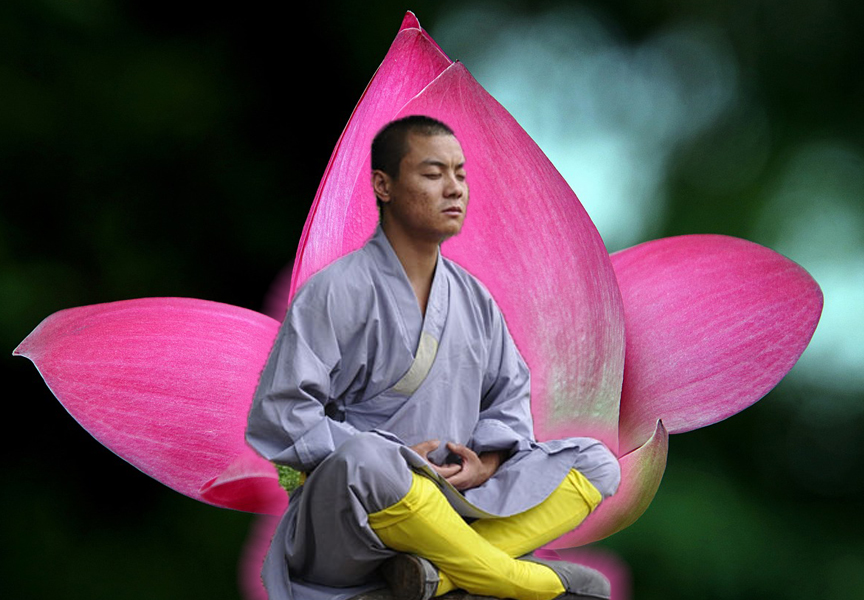
The Progressive Journey of Learning Learning Shaolin Kungfu [Chin.: Shàolín gōngfū 少林功夫] is a journey that mirrors the educational process, akin to progressing through the stages of primary to university levels. This ancient martial art demands a systematic and disciplined approach, starting from the basics and gradually advancing to the pinnacle of skill. Attempting to shortcut this process is akin to skipping foundational…
- Sword Fingers of Taijiquan
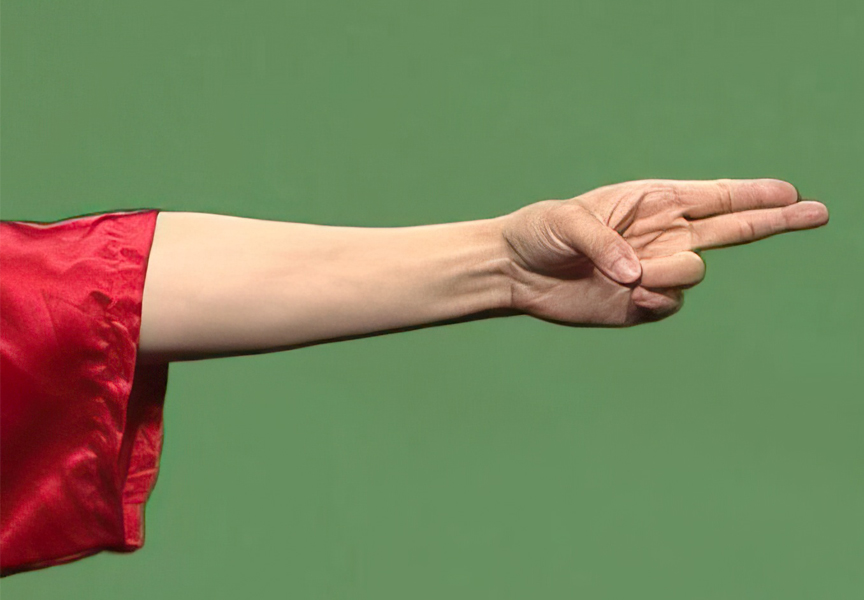
The Symbolism and Application of Two Fingers Pointing in Taijiquan Sword Taijiquan, often referred to as Tai Chi, is a Chinese martial art known for its slow, flowing movements and emphasis on internal energy cultivation. Within the vast realm of Taijiquan, there exists a unique and symbolic gesture – the use of two fingers pointing – particularly in the context of the Taijiquan sword, known as Sword Fingers [Chin.: Jiàn zhǐ 剑指].…
- The Erosion Of Tradition in Martial Arts
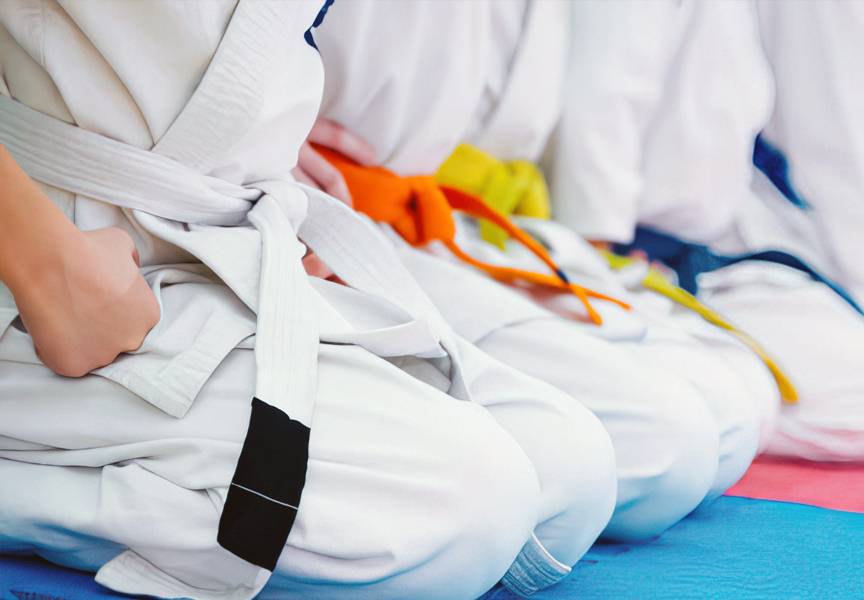
How Competitive Sports Dilute Traditional Martial Arts In the world of martial arts, tradition is more than just a concept; it's the soul that breathes life into these ancient disciplines. Rooted in centuries of history, traditional martial arts have long been revered for their holistic approach to self-defense, personal development, and cultural preservation. However, in recent times, a noticeable shift has occurred as many traditional…
- Tapping into the Vital Energy
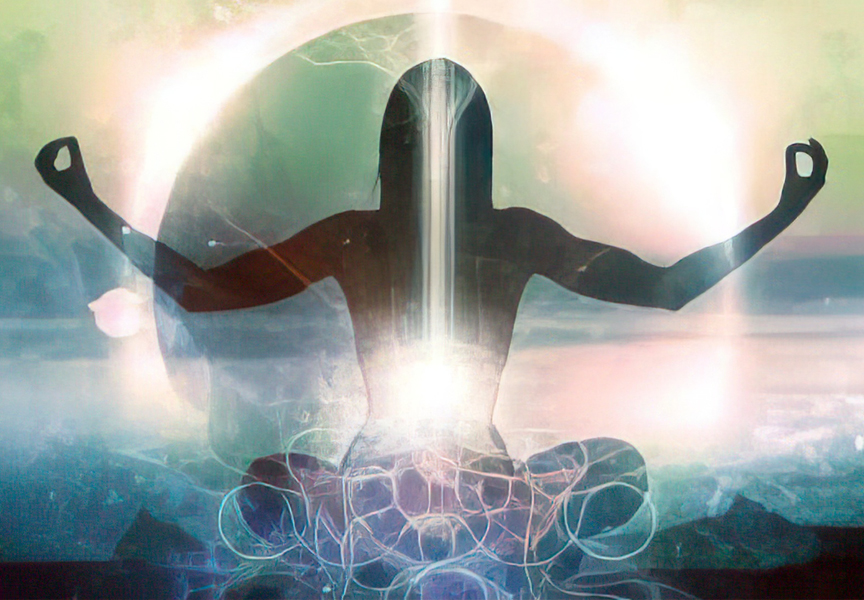
In the realm of ancient Chinese philosophy and medicine, one concept has captured the imagination and curiosity of many for centuries - Qi [Chin.: Qì 气]. Often spelled as "chi" and pronounced as "chee," Qi is a fundamental and vital force that is believed to flow through all living things, shaping our physical, mental, and spiritual well-being. While Qi might sound esoteric to some, its cultivation and understanding play…

